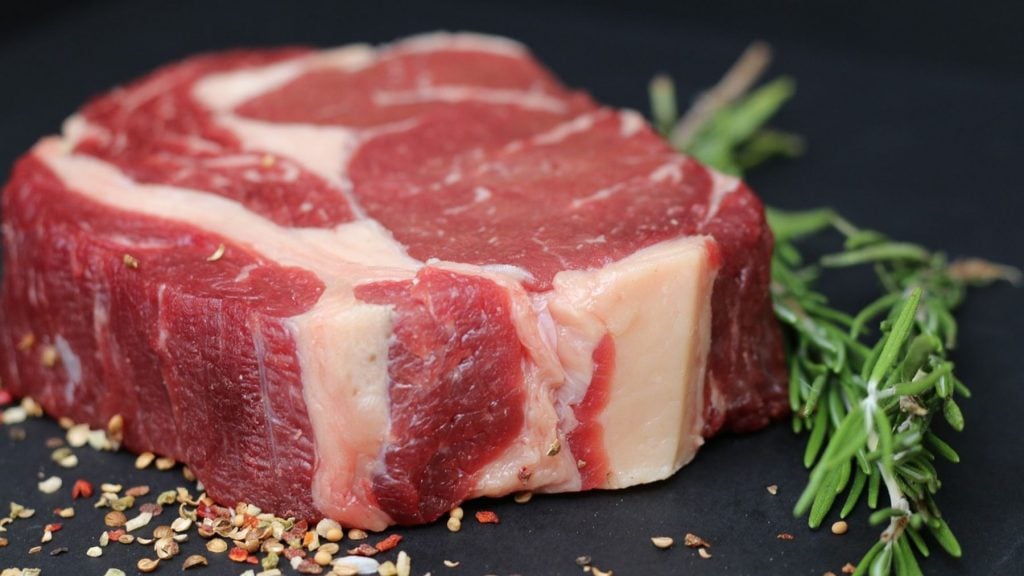When it comes to eating healthy, we are used to strict dietary advice: cut down on saturated fats, avoid red meat, and load up on vegetables. However, Florida-based heart surgeon Dr. Philip Ovadia is challenging the message about red meat. He follows a 95% carnivore diet and has made some bold statements that don’t paint red meat as the villain in the story.
During a recent interview, Dr. Ovadia explained that much of the conventional advice about red meat and heart disease is based on flawed science. His approach, centered on a diet rich in animal proteins, aims to change our perception and understanding of nutrition and heart health.
Dr. Ovadia’s key arguments on carnivore diet
One of Dr. Ovadia’s main points is that the fear of red meat is largely unfounded. He argues that studies blaming red meat for heart disease failed to separate it from other dietary factors, particularly refined carbohydrates and processed foods. According to him, when people eat meat as part of a typical Western diet, the negative effects don’t come from the meat itself, but from the processed foods with it.
Dr. Ovadia believes that saturated fat has been wrongly demonized. While organizations like the American Heart Association still recommend limiting saturated fat intake to avoid raising LDL cholesterol, Dr. Ovadia disputes this connection. He claims that the science linking red meat to heart disease was “misinterpreted and overpromoted”. Instead, he emphasizes that unprocessed animal foods can be the foundation of a heart-healthy diet.
Another controversial stance Dr. Ovadia takes is on cholesterol management. He challenges the idea that lowering cholesterol is the most effective way to prevent heart disease. As many heart attack victims have normal or even low cholesterol, he argues that focusing solely on cholesterol might not be the answer. Metabolic health should be considered in a bigger context, promoting diets that reduce insulin resistance and inflammation, which he believes are the true causes of heart disease.
The issue might be in highly processed food
For those willing to consider Dr. Ovadia’s approach, the takeaway is simple: eat whole foods and reduce your intake of carbohydrates. By prioritizing animal proteins and minimizing processed foods, we can improve metabolic health, tackle inflammation, and protect our hearts.
Dr. Ovadia’s views have generated controversy in society and the medical community. The messaging in public health has been focused on cutting red meat. Some critics argue that there’s still evidence supporting these statements. However, Ovadia has opened the door to a more complex view of nutrition science and the need for personalized dietary advice.
Perhaps it’s not red meat we need to fear, but the processed foods that constitute a big part of many diets today. While more research may be needed to back up Dr. Ovadia’s claims fully, his arguments encourage a fresh look at how we approach and communicate health and nutrition.
